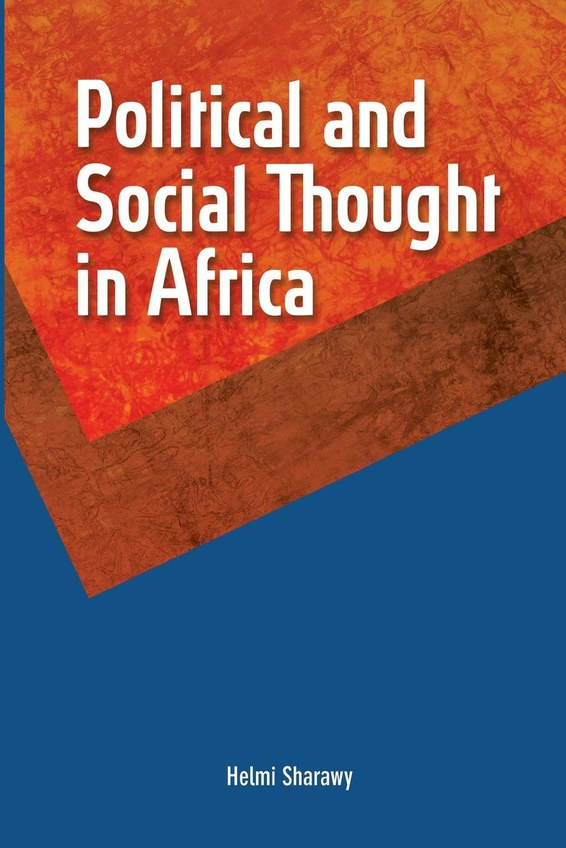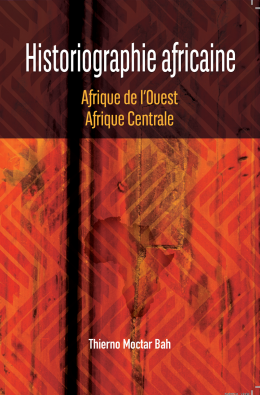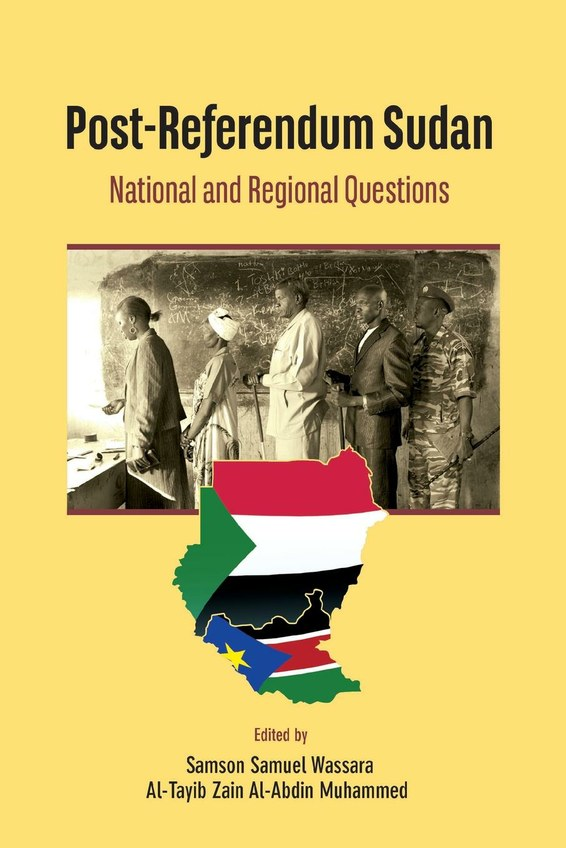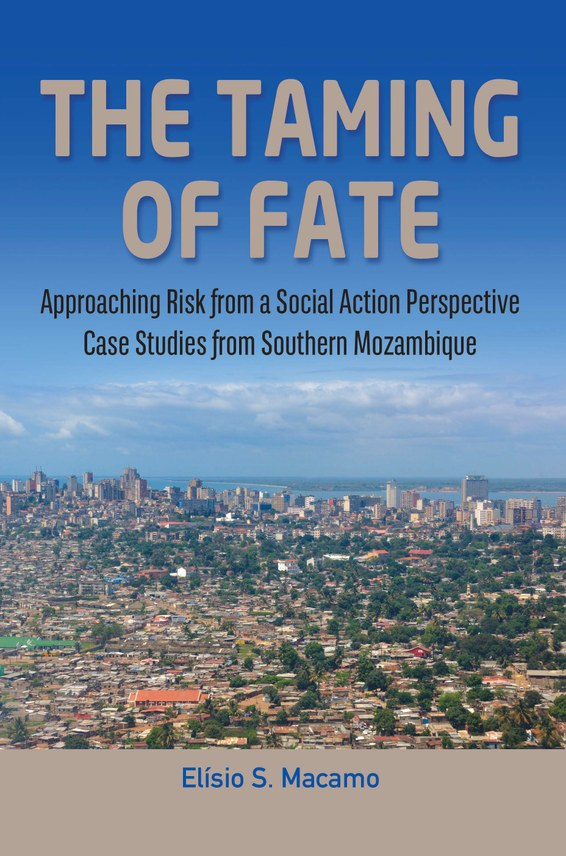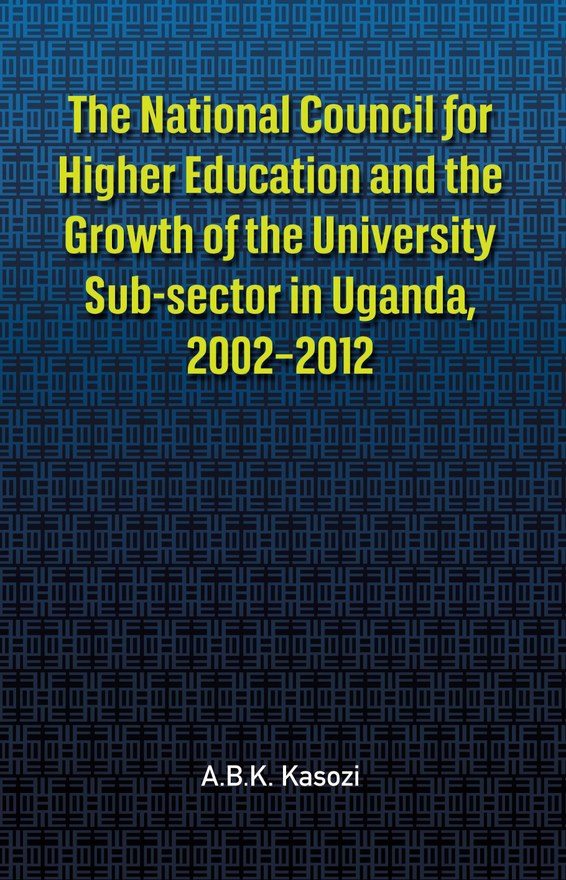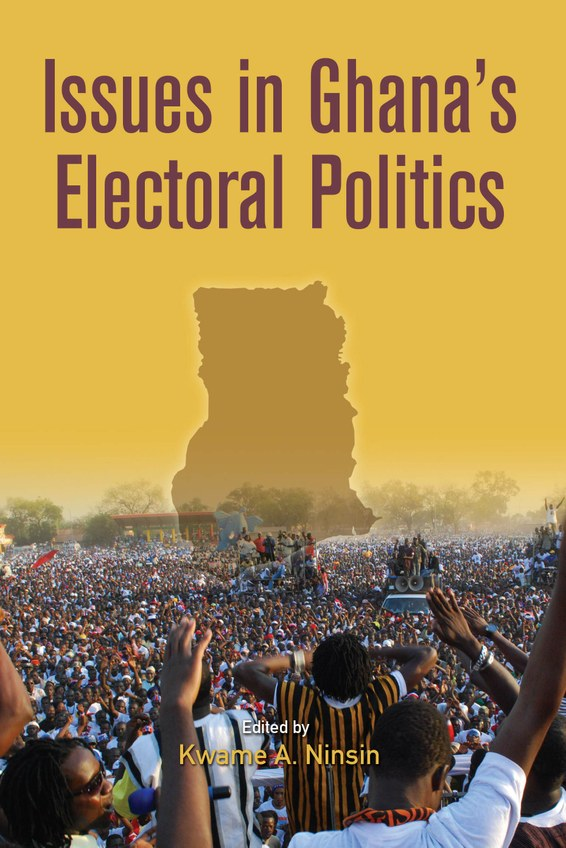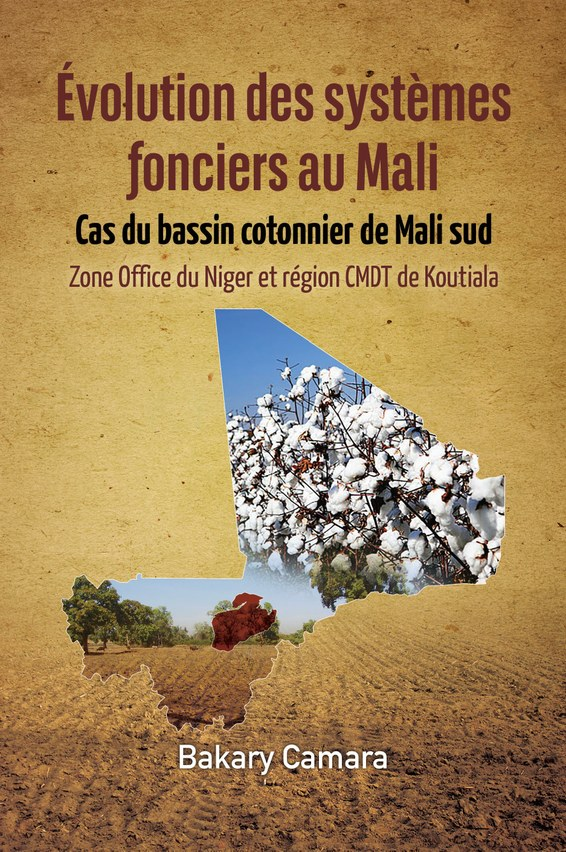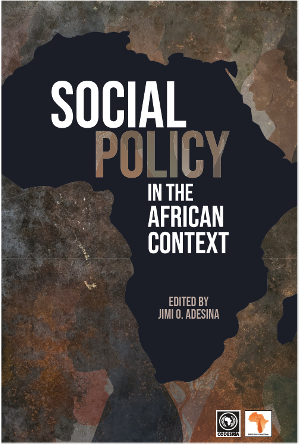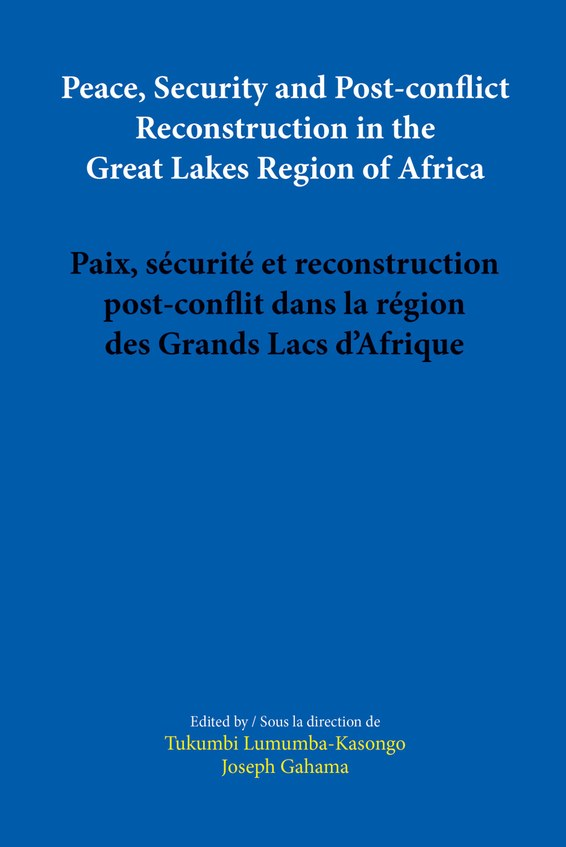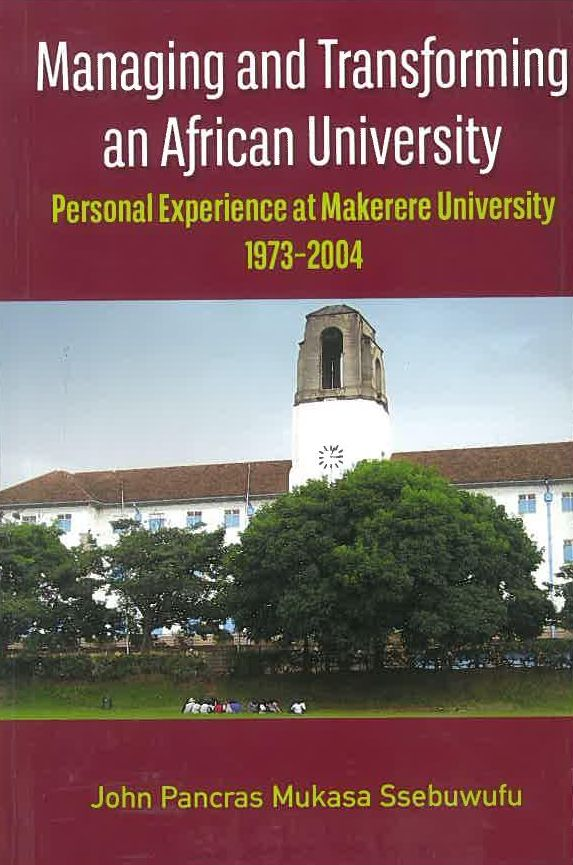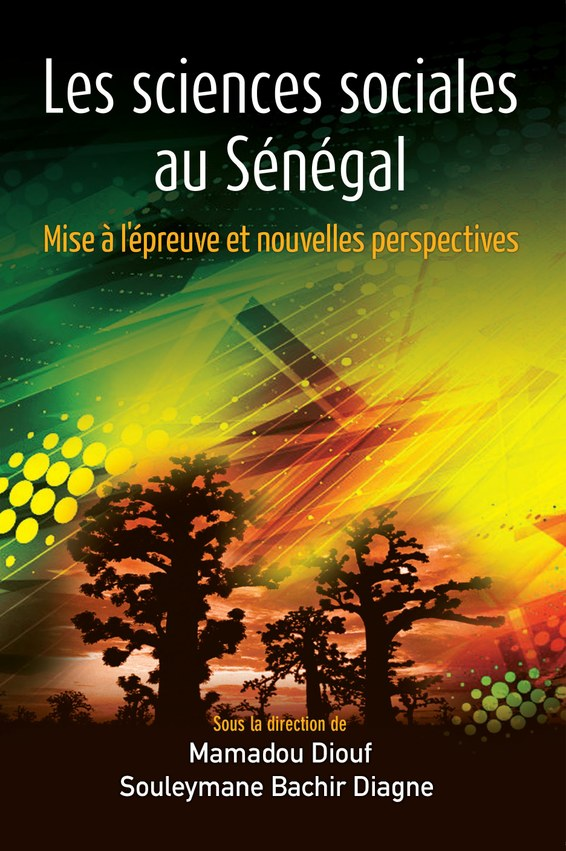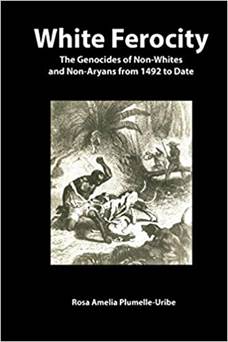The essays collected together in this book reflect the author’s varied experiences in the realms of politics and social struggle; he notes that they cannot be separated from his other experiences in his country, Egypt, over the years. These experiences extend from popular culture or folklore, through the wider political world of African liberation politics, to the Committee for the Defense of National Culture.
This book is like a long trip through African culture from the 1950s to the beginning of the 21st century. These essays will most likely provoke a lot of memories, sweet and bitter; with maybe the bitter ones as the more lasting. The author notes that it appears as if the only relationship that seems to have mattered, for a long time, for the Egyptians with the rest of Africa was the river Nile, which joins the country to ten other countries, while a vast desert stands in-between. Such separation ignores the ancient relations between Pharaonic Egypt and the rest of Africa, and the role of Egypt in supporting many liberation movements on the continent.
The author has set himself some tough questions in this book: Is it legitimate today to use race to sub-divide the African continent? Can this, moreover, be simply done as if race is ahistorical or an idealistic concept of identities? Or are we going to talk about Arabism in Egypt, Libya or Maghreb as if it were an identity gained with the advent of the Arabs, implying that these were ‘lands with no people’ – a sort of ‘No Man’s Land?’ Or was this a fragile space that could not confront the invading empire? Or will Arabism equate with Bantuism or negroism sometimes, and Hausa and Swahili cultures at other times? These are the types of issues that Helmi Sharawy examines in this very important book.
Experiences that inform this book began with the author’s first encounter in March 1956, with some African youths who were in Cairo for higher studies or as representatives of liberation movements with whom he worked as an intermediary with the Egyptian national state, which work left on him an everlasting impression.
Helmi Sharawy is currently the vice president at the Arab and African Research Center in Cairo, Egypt and its director from 1987-2010. From 1960 to 1975, he was the coordinator for African Liberation Movements office at the African Association under the auspice of the President’s Office of African Affairs. Then he became a consultant to the Ministry of Sudan – Egyptian Integration Program (1975-1980). Academically, he taught “African Political Thought“ at Juba University, South Sudan (1981-1982). Then he was selected as the expert for Afro-Arab Cultural Relations at Arab League ALECSO in Tunisia until 1986. He was also member of the Executive committee of CODESRIA in1995. Between 1970-2011, he published 13 books in Arabic, four in English. Some of the books are: Angola Revolution (1978), Arabs and Africans Face to Face (1985), Israel in Africa (1986), Culture of Liberation (2002), Africa in Transition for 20-21st Century (2008), and The Sudan: On the Cross Roads (2011).
ISBN: 978 286978 586 1
CODESRIA 2014


